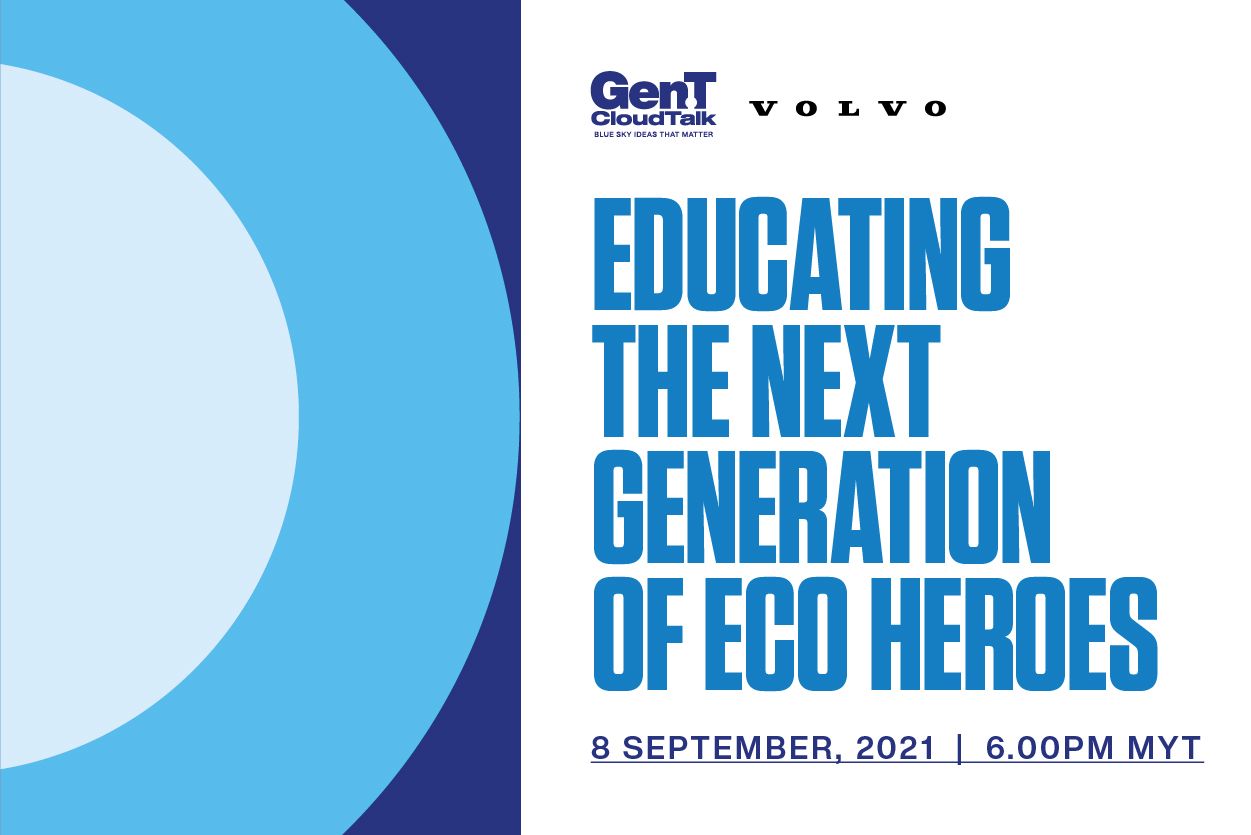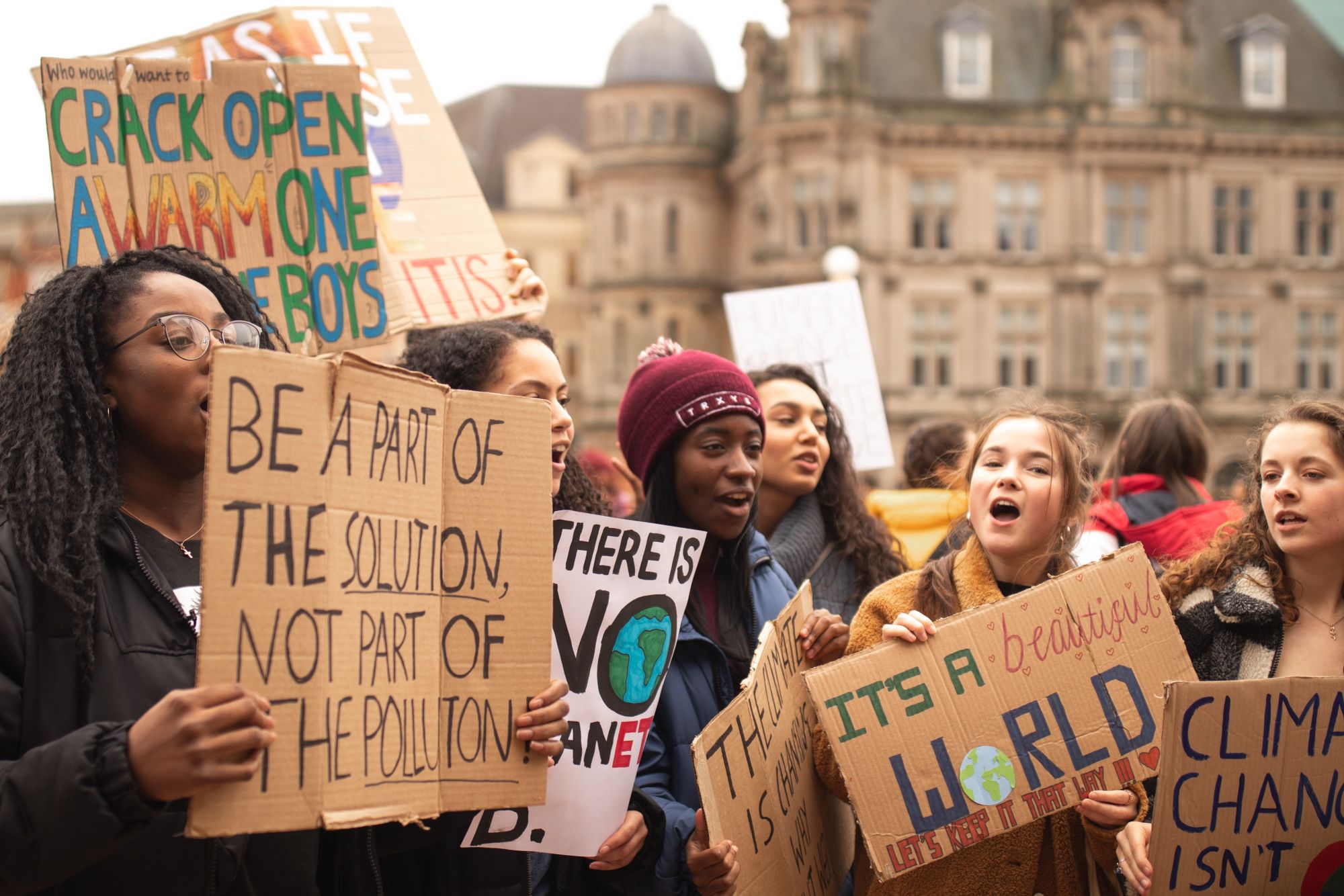In the September 8 edition of our Cloud Talk webinar, we spoke to entrepreneurs and executives in education and sustainability about nurturing the next generation of environmental champions
According to Nasa, the year 2020 rivalled 2016 for the title of the warmest year on record, with unprecedented weather extremes on every continent. The world is feeling the effects of climate change more than ever, and it's the younger generations who are arguably more committed to doing something about it.
According to a study by the United Nations, close to half a million youths around the world have taken some form of action on climate change, whether at home, on social media, in school or within their communities.
So, how can we nurture the next generation of environmental champions to create impactful and sustainable change?
During the September 8 edition of our Cloud Talk series, Gen.T spoke with a group of individuals in education and sustainability to find out. The session was organised in partnership with Volvo Car Malaysia.
See also: Volvo Moves Into Clean Energy To Help Tackle Climate Change

The Speakers
In his opening remarks, Volvo Car Malaysia's newly minted managing director, Charles Frump, spoke about the brand's plans to be climate neutral by the year 2040. "We have redefined our purpose at Volvo. Safety is what defines us, and there is no greater safety challenge than protecting everyone from the effects of climate change," said Frump. "We aim to be part of the solution by becoming a fully electric car company by 2030."
"I hope our efforts will inspire more people and companies to make significant changes to address the climate crisis we face today," he said.
Following his speech, Gen.T's Southeast Asia editor Chong Seow Wei moderated a panel discussion with four education and sustainability leaders on how more young people are moving to the front lines of the climate change movement.
See also: The EV Effect: How Electric Mobility Can Save The Environment





